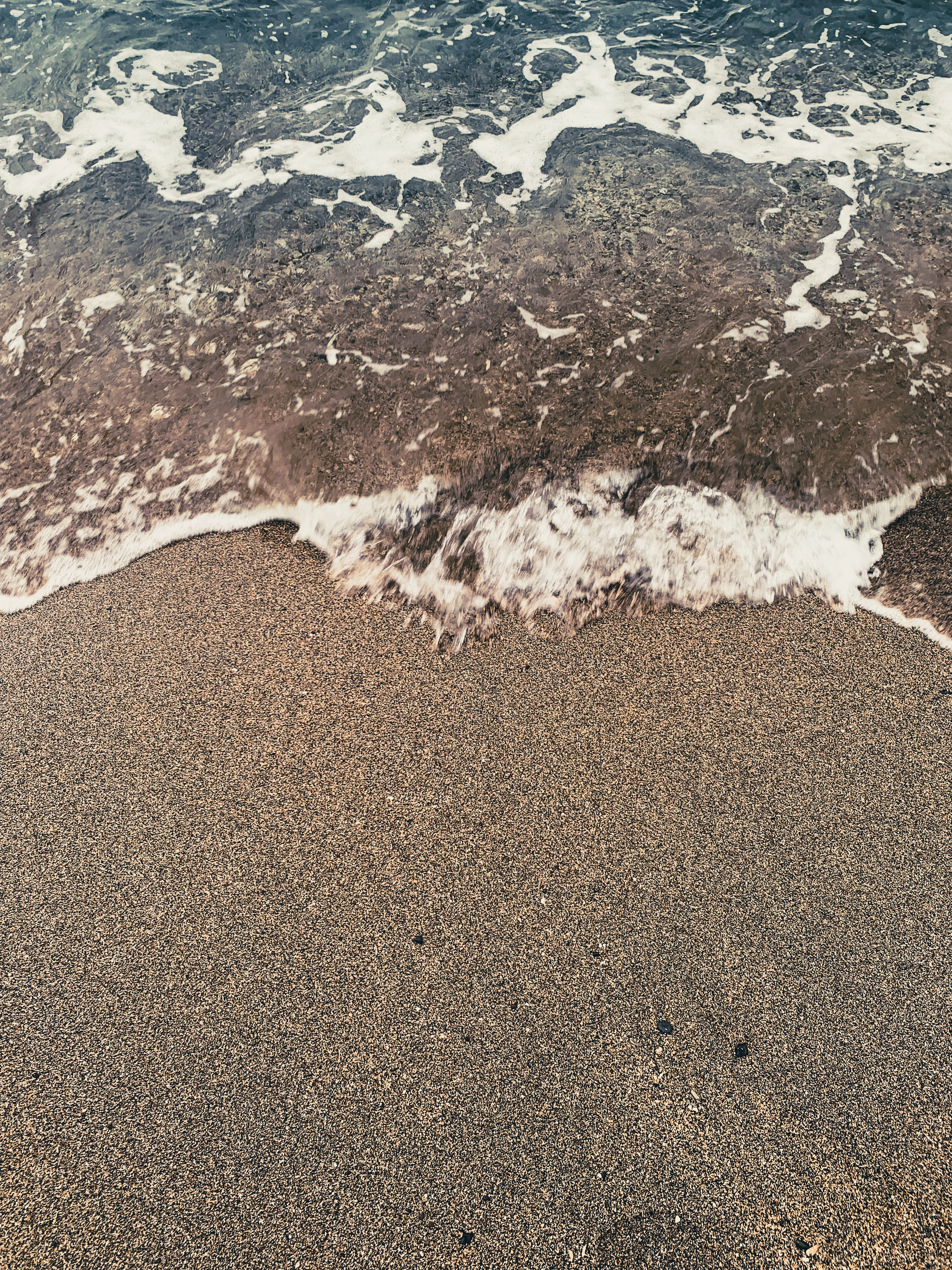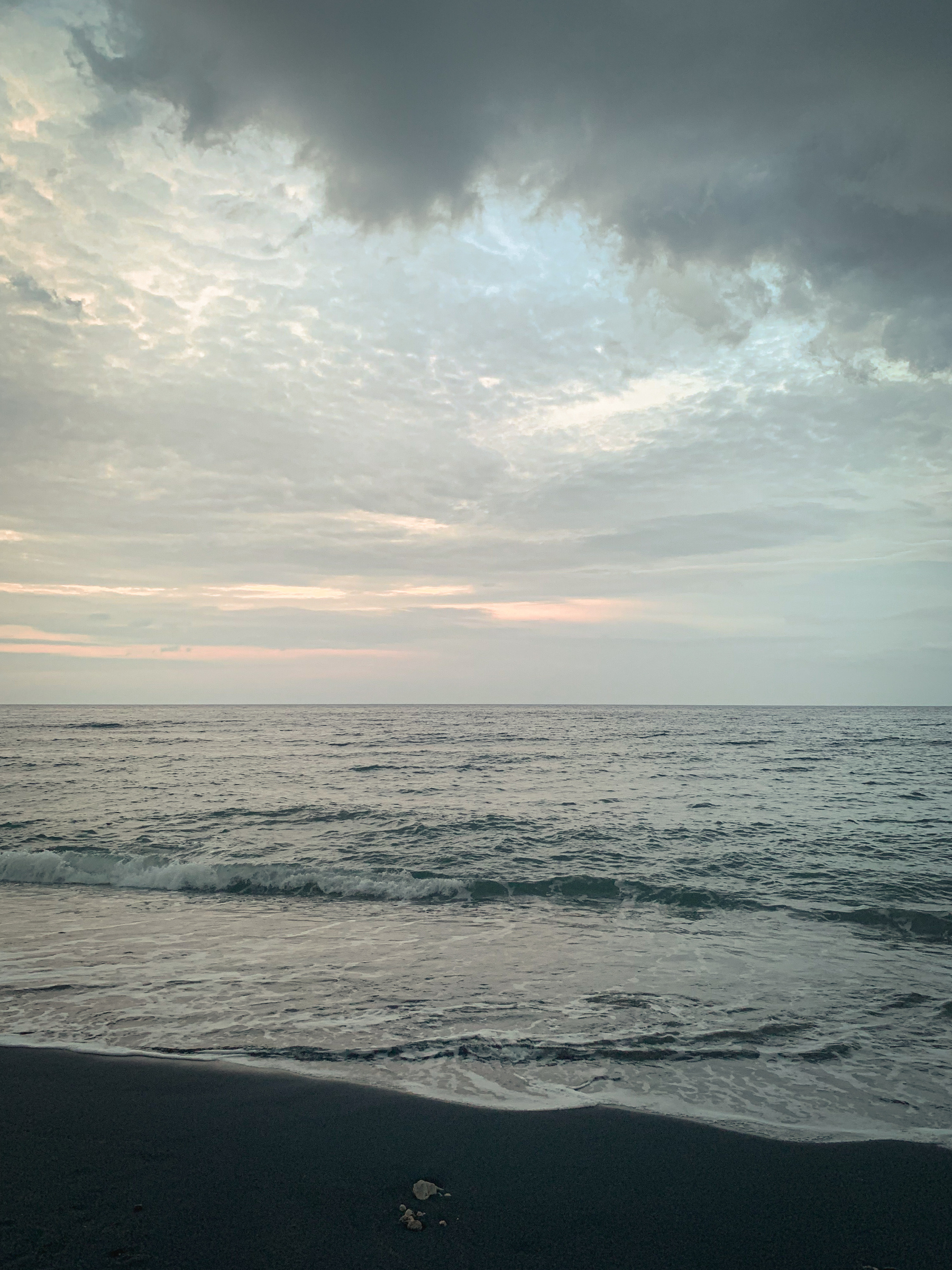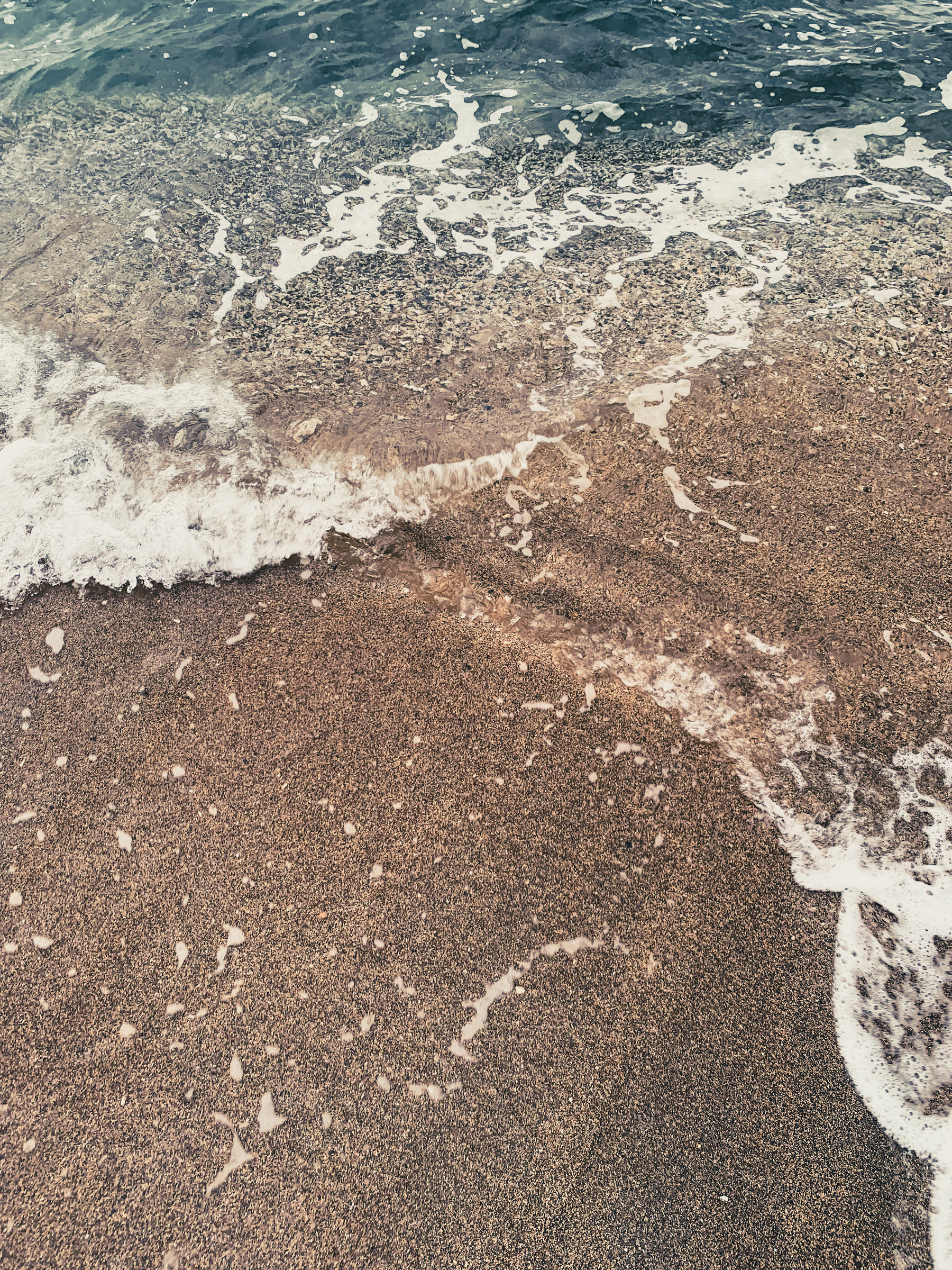i’m not your brother
“i’m not your brother, and
i’m not your friend." Ozzy was never
anything but human, and unlike my father
he was never close enough to hurt me.
the only way to know is to endure.
the sound surrounds me / there is no direction
like my head is too big / and i’m listing listing
about the noise, if they scrape at the glass in the wind
an erosion of meaning, data like water / some source
of life, like an advertisement. always a celebration
pyramids of yellowcake. climb to the top and survey
your new kingdom, Ozymandias.
this is all well-trod territory, the subject
of many years of gnashing of teeth
from weepy traditionalists.
like rats in the nursery playground,
the algorithm executes perfectly.
a bunch of suitcases and random
flashlights depicting whatever hides
in the edges of this day’s blanket.
wait for me as I walk through this valley
in search of your grace, in search of the answers
i have been praying for. the way i said i wouldn’t
be biting it / ever again, i bit it anyway.
i was bitten hard, not by a dog but a man
in a white room / with a tall, angled ceiling
nerve-racking, plunging down the slanted
and enchanted earth, towards the abyssal / California sublime
full and heavy
it skulked low behind the trees / its pale light
an unset sun, a lot of potential
to pack into a broken vav.
//
Waalaikumsalam, selamat tilem, peace 🌑
incense of apples
rosy for harvest
the corn lifting her brow
woken to see, to please
interior pearls
of vegetal readying
silver to sunny yellow
the wind caught her silk
like paper, billowing husk
parched with radiance
cerulean burning
alive, by chattering birds
the reaper turning
against the blinding
day, a farmer is shaded
black bladed in gold
knowledge of dual-
lit flicker, the letting heart
the heartless taking
aroma of apples
as if autumn could visit
the island of gods
on rolling tropic
whiter sky and violet flight
they fall to the light
for all of the past
a year, the gravelling ground
a measured after
verdant and weeping
sweep the coconut trees, stray
air from everywhere
//
fungi in the filesystem
event: it needs
new categories.
local zoology lately
portends mycelial memes:
“camels” vs. “dissertations”.
monkeys on the roadside,
— laughing. un-officially, i
am giddy to be their fool.
follow-up: mushrooms
of animal entertainment,
best medicine?
antidote of day-
glow (glitch)!
//
red stone
here is where
greenway unwound
by time, by time.
here is where
salt, rust, corrosion
the wound word.
here is where
given untimely springs
sprung locket.
here is winding
roses and figures for
give, by vigil, by rest.
//

elusive //
deeper hospitality
a hedgehog digs down,
away from the wailing blight
of amplified multitudes
of lawnmowers and weed-
whackers, cutters of blades, root-
hackers and hoes of rows.
the damp earth dampens
all those. she wrinkles her nose,
raises reluctant eyelids.
a quiet guest
brings cookies, cozy with bitter
tea and conversation.
she eats the nuts,
leaves crumbs for ants,
an offering of grubs.
the world above
is too superficial, too high-
and-wired to fathom.
not much room, in the bright-
fraught world, for views
of under-ground.
close in her den, but not
too close, the good amount
of room for tidbitting.
cats' claws are sharper
always, in the ever-
wetter year.
the peanuts planted
in Pak Su’s field are swelling
bellies, growing round.
nibblers of words
become the reaping and
the kettle-ripening.
lower quills draw deep
as dirt-sighted sensitive,
burrows inky in-habiting.
//
🌒
dissertation on the dot
i am
with i
uneasy two.
unripened squeamish.
purple mumble-humble.
pretentious piXelated.
shallow faux-passé.
i know, but
there is a knowing
something in i,
that only ( you )
could be Other-
wise. i sigh.
i stroke your hair.
i watch you, sleeping.
i reach for you, i
follow your turn
by turn. i
admit
i am —
Obsessed!
//
telescopic texts (avec "?") (12/12)
now all of us have lost a taste for mince,
the history of grinding, darkly, Adam.
a schooling blade, student of buah, will prune
til circumspect the hour. and she has thorns,
forms of her own — we prick ourselves and bleed
to name her flower. bending the voice to crown,
we’re drunk by literal skies of melody.
you found her singing by the sea, where she
had fled, as she remembered you were drowning.
who is the rose rabbi? i read, she comes
and goes. knows herself not. how would she know?
if glass were introspect, Iris of time —
to find she had been borne, a cradled question.
//
if you ask me (about Agung)
it’s been a year
without the mountain.
comforter clouds continue
indeterminate, forgetting
to stop raining, forgetting
to end
if you ask me
how i am doing, these days
that’s how. i am just wondering /
wandering about the mountain.
whether he is there, whether
he is here
or anywhere
//

enigmatic //
statuesque
it was her, who stopped troubling
the land with niceties; stepped out
onto the battlefield; declared
her nation iron, under copper;
ignored the children wandering
her heart. youth was her cause, but not
her destination: yapping pups
complicit in decay: the younger,
the worse. she drew a blazing sky-
ward line: from torch to sea of salt,
past oxidized decline: thou shalt
not cross this primary design.
so she was plagued by change, and change
rendered infernal mumblings
absent colossal reality.
she swallowed smaller poetry.
commissioned shining arrows from
hard-laboring masses, to quell
their rumbling curiosity.
her staples were cement brownies,
lampshades as circus gags, popped in
electrified mazes, they tongued
chromatic polystyrene sporks.
her trick was firecrackers for
proposals of shotgun marriage,
with orphans, locked in sheds out back.
essential documents were stacked
inside official cases. fireproof.
the starry skies reflected in
a muddy flood of tasteless rain,
with deeper rivers reluctant
to drain her isolating kingdom.
so spread the miasmatic air.
seen pieces, scened for maximum
invictus — hot-bulb flashes — lost
their knack for light. she was the news:
scaffolding posed as oracle.
and when her history grew old,
turning explicit, they buried her
in broken rubberbands.
mutely, her constitution says
you shouldn’t look, or else you turn
proverbially inhuman.
so close your mind to this broken
container of one billion eyes,
open to fight the warlike hour,
their hearts pumping in empty beds.
the roosters crow to lose their heads.
on glitterbombs sit satanic
afterimages of her,
as rounds of necessary loss
resound on poorly-tuned guitars.
with no time for ambivalence,
her multitudes march on.
and nothing here to be unknown,
perspective infinite as stone —
from bone reflected, light of crone
across her scorched and haunted scars
delivered signals of empathy.
by flickering night, camels repose
in contemplation of footsteps
forgotten, where plod the wind-
whipped monuments of thirst. and all
that is unburnt is a mirage.
//
🌔
that hungry space
where the tooth used to be
turned me skeletal. a skull,
leaking sand from holes. in
a permanent expression of
psychedelic estrangement
from the call that is coming
from inside the house.
category: news.
//
(a crown fell out, oops)
telescopic texts (avec "?") (11/x)
dilated pools, star-gazed — surrender pinkly
to phobia of frogs. if you dismember
those bracing, faceless bodies — lost in love
their coiling gyres, desiring — helixing
directions — inward, home. or intervene
against the skyward cough — raw, gaping need
to swallow more — when pollywog is strung
by lunar air. ritual drowning of gills,
suffering insurgency — the gulping word,
fata Morgana flooding Camelot —
is twinned ecstasy of triple betrayal.
for swimmers' lust, the sea is all. and still —
her cries are not for us, alone — we hone
the bluest chord of velvet-driven reverberation.
//
selamat purnama 🌕
on bad days
on bad days, the silence
has more to say to you
than i do. and yet
every day i worry
you’re not a reader
of silence.
if only i could give
my shape to silence, then you
might hear the crickets.
if silence
were nothingness, then
i would be green leaves.
but i saw the silence,
its air of winter,
its shape of clear empyrean.
its emptiness, strewn jewels —
all of it was precious;
none of it was secret.
above the radiance, i heard
earth is a place of rest —
and i believe it.
i press patchouli
to your wrist, your temple.
i draw the covers.
//

boundless //
telescopic texts (avec "?") (10/x)
a balmy chickadee alights on bough
of jepun tree — gigantic, bristle-trunked,
beatified — by tipped cosmos of day
and melting star of paradise, bodies
unveiled. we lie in kindred shades of them,
verbing and flowing, in blues made legible
by greenborn leaf. in leaves there hides a forest
where braid the wanderers their briared maths.
a souvenir shelters nectonic paths,
ancestral courses wild with counterpoint,
and mercy of geometry — proffered
by rivered children of love’s oblivion.
//
i was looking through
the paper, when
your hand touched
my shoulder.
clouds parted —
an exquisite interruption.
//
dead earth blues
i pass my hand across the air
before your face. your eyes don’t move.
i speak of news, the word is bleak.
your eyes don’t shed a tear.
where could i live, if in your heart?
no room for me is there. your face
became my homelessness, in form:
His mother, blind to Christ.
i keep a memory of home,
of close and kindred mysteries.
the rosy books i used to read
would rise to meet my hungry eyes.
but meme versus the memory
is dream forgot, for anti-dream.
you cannot eat, we used to say,
the cream without the cake.
the bone without the nerve, of me,
is concrete sea and leaden air.
i read the news alone and lose
the wind out of my heart.
no matter, were we ever there.
why is this imprint fused with thought
if not to be remembered?
i pretend you aren’t a stranger.
and dreams arrive; they aren’t my own.
the one of drifting pieces, lost
at sea of darkening history.
i wait and work; a dream for mercy.
//
telescopic text (avec "?") (9/x)
most oblatory heart, i bring you news.
despite our deadly faith in prophylactics,
resourceful Cupido pricks porous tactics,
ever hanging hymenal fools. behold:
on spun-gold surface of radiant yolk,
in sky-strewn milky way of albumen
suspended, questing’s lustiest conceit,
the part-less heartbeat of a person third:
as ancient aspect touches youngest plume
to stir, pure destiny, the origin
of life, as love, in pilgrimage secured:
the red point points, and to itself — as bird.
O holy gift, O crack in everything!
the mad midwifery of paladins
births not a baby, but a voice on fire:
ecce peep. now go, and meet your daddy-o.
his name’s Pipit the cocky chickadee;
he is a theory of fertility;
enthusiasm incommensurate
with clock-a tweedle-dee and tweedle-dum.
//
dissertation in three or four dimensions
time is (only)
a measure
of motion.
time is
a measure of
( motion )
( ( multi ) tudes )
)
mercies
(
//